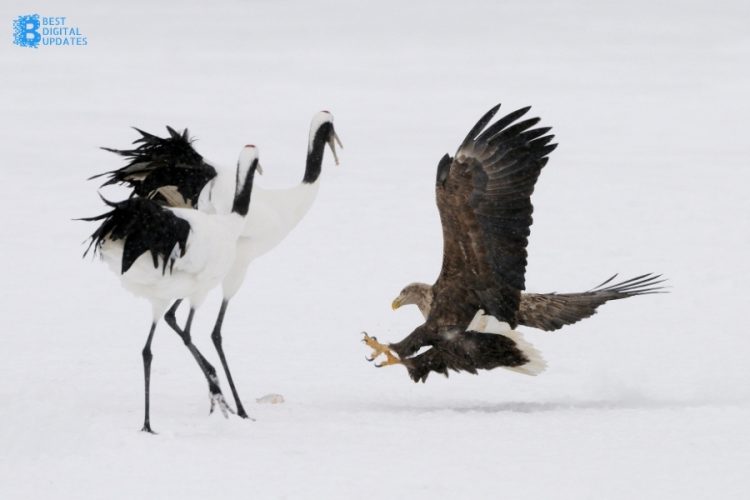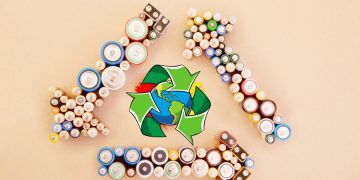Once thought the realm of science-fiction, animal cloning technology has been honed over the last fifty years. Perhaps the most notable scientific breakthroughs in the animal cloning field were Dolly the Sheep in 1996 and some Chinese macaques in 2018. That second breakthrough was especially controversial, given how similar primates are to human DNA.
As the field grows, the benefits and concerns surrounding animal cloning will need to be discussed. It should be said that the field of animal cloning, and cloning tech as a whole, is much more than a pros and cons list. If you want to learn more about this fascinating research, you can find more information at www.mybiosource.com.
Pros of Cloning Animals
Table of Contents
There’s a reason we try to clone animals. Several, in fact, so let’s take a look at them.
Advance Scientific Discoveries
Like with any research, advancement is the goal. Cloning animals requires an intimate knowledge of cell and gene structure as well as a wealth of information about subject anatomy. The current discovery that would revolutionize medicine is the ability to clone individual cells, as this would have benefits for us. Beyond that, who knows where else cloning could go?
Balancing Environmental Habitats
Earth is full of fragile ecosystems that have been ravaged by mankind and other environmental factors. A missing link in the food chain can bring ecosystems down, often with catastrophic results. By figuring out how to clone animals, we could dispatch them to ecosystems to repopulate.
Preserve Endangered Species
Similar to the preservation of ecosystems, the cloning technology being used on animals can also help produce members of endangered species. If we make enough and educate them then they won’t be endangered. Related is also the issue of resurrecting dead species, like mammoths. If we could get our hands on preserved DNA for extinct animals, we could theoretically bring them back!
Encourage Desirable Traits
Genetic engineering is necessary during the cloning process. That brings the possibility of picking and choosing which traits manifest in the animal once they’re born. While selective breeding takes thousands of years to turn wolves into pugs, cloning can drastically change animals in a short time span. Cattle can be changed to produce more milk or eggs and endangered wildlife can get immunities to common diseases that pose a threat.
Also Read: 5 Fascinating Facts About Recycling
Cloning Pets
Perhaps the most personal advantage of cloning, the technology can and has been used to clone favorite pets. While expensive, many have gone down this route to get a new animal that shares many characteristics with the original pet. For many pets, their personality and even their fur pigment will depend on other things, so they won’t look like an exact clone.
Cons of Cloning Animals
There are concerns with cloning that everybody should know. Check them out.
The Sterilization Problem
The process is notoriously difficult, with an approximately 1% success rate of producing a successful clone. Things can go wrong at every step of the cloning process. Even then, there is the sterilization problem.
Animal clones in the past have been infertile a lot of the time. Not only that, the children of that clone will also have a reduced reproductive capacity. Genetic similarity also reduces fertility anyway, so a population of clones will have very bad reproductive chances.
They’ll also be plagued with congenital defects and we have no idea how far into the lineage those conditions will stop showing.
They Are Expensive
With those above disadvantages in mind, it’s also very expensive. If something can’t be made affordable then it can’t be mainstreamed, no matter how many scientific breakthroughs take place. People have had their dogs cloned for nearly six figures and prize bulls are regularly cloned for five figures.
Don’t Play God
Any scientific breakthroughs should be treated very carefully, especially when you’re playing with the building blocks of life. There will be unforeseen consequences. Some may be delightful and further the current research while others may set back the field or even pose a danger to animals and man alike. This is especially the case if we support endangered species or resurrect them. We don’t want to turn Jurassic Park into a documentary.
Human Clones
Further cloning research could be a stepping stone to human cloning. It’s impossibly difficult at the moment but, if it is possible, then this throws up many legal and ethical concerns over what a human being is and which rights they deserve. With this also comes gene engineering for human beings, reviving the eugenic debates of the late 1900s.




















